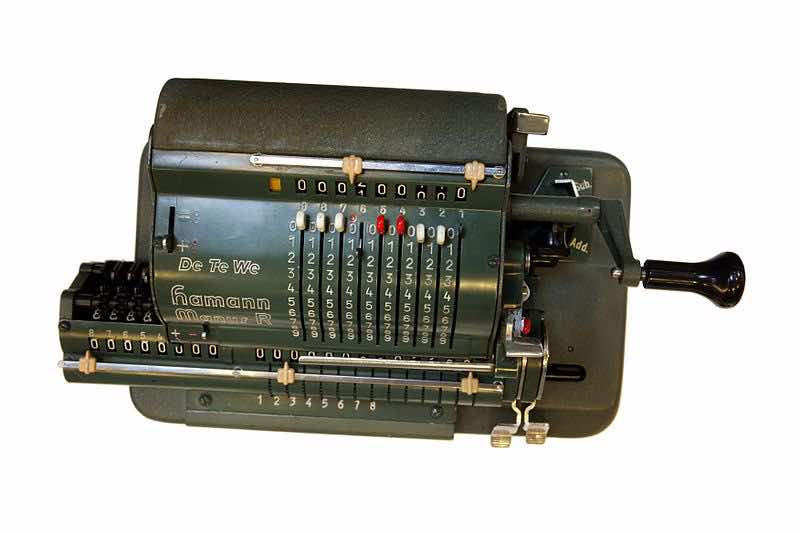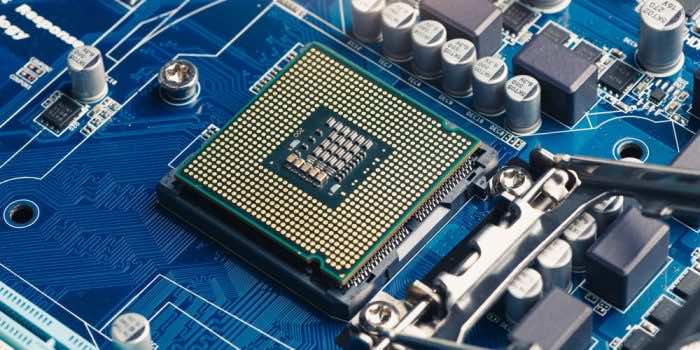The CPU or Central Processing Unit is the main component of a computer system. It is also called the brain of a computer as most of the important processors and boards are located inside it. It takes a deep and thorough understanding and application of nanometer-scale electronics to put together the system of a CPU. Researchers and scientists are working on a solution that is not based on electronics. Instead, they have been wondering if it is possible to make an entirely mechanical processing unit.

It might seem fictitious to think that it is possible to build an entire Central Processing Unit without any use of electronics and only relying on the mechanical system of objects. Well, it may not be a known fact for many that the initial CPU was based on the principles of mechanics only. It was with time that it shifted towards electronics.
The models and versions of numerical tools built in earlier times were only based on mechanics. However, there is a myriad of shortcomings in purely mechanical models. These issues included huge sizes of machines that are no longer preferred. People are moving towards nano and smart technology that require as little space as possible. Moreover, the mechanical functions produce a great deal of noise as well that acts as a source of nuisance for the users.
Besides the above-mentioned problems, these mechanical systems have more weight than the electronic ones and hence, are not easy to relocate or shift. Also, the wear and tear of the mechanical systems cost a lot as it is frequent, and repairing and maintenance costs are massive. Hence, they are less reliable than electronic ones.
However, in the video shared, it is explained how the modern machine tools and principles of mechanics can be used to develop purely mechanical systems without worrying about the issues discussed.


